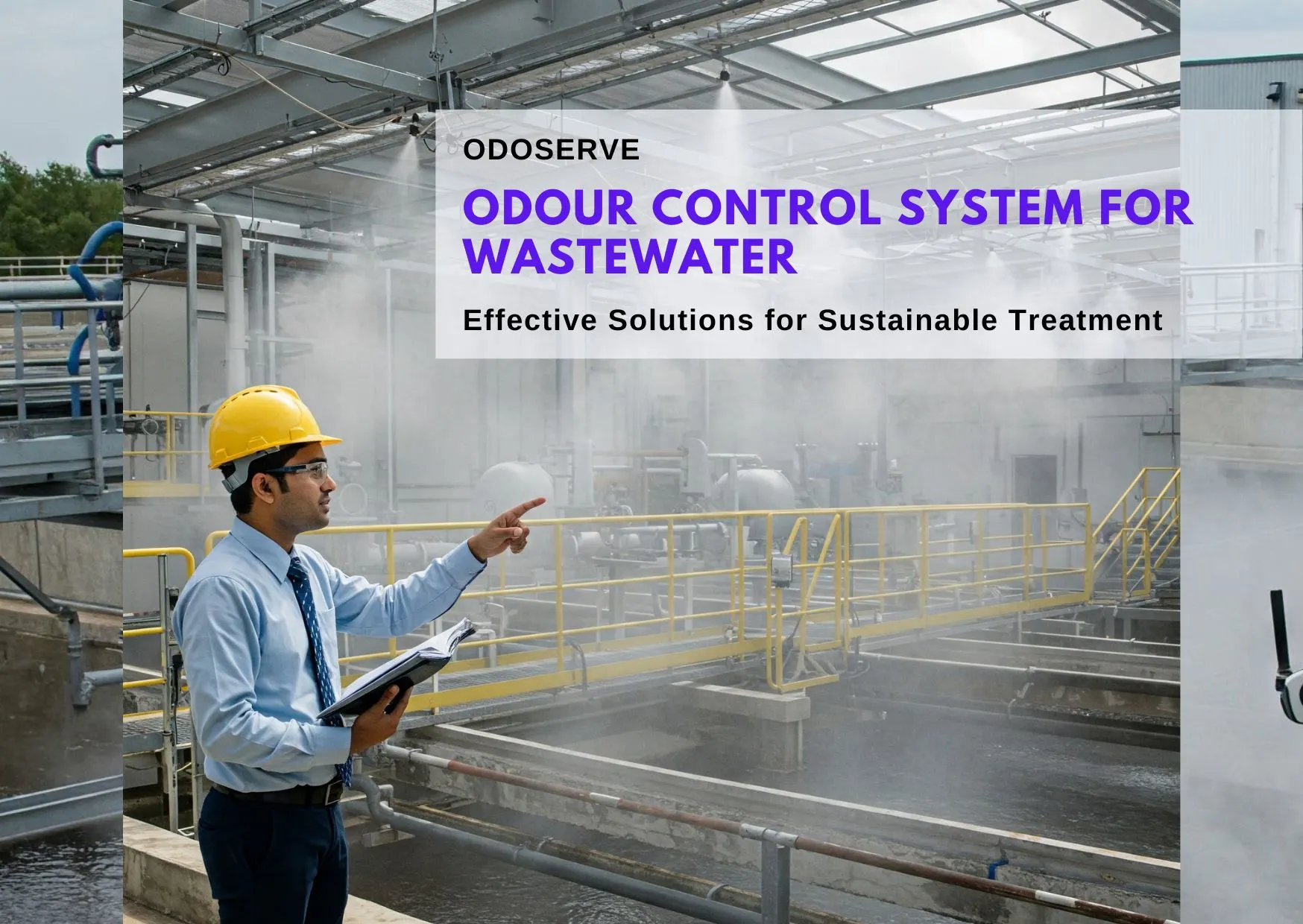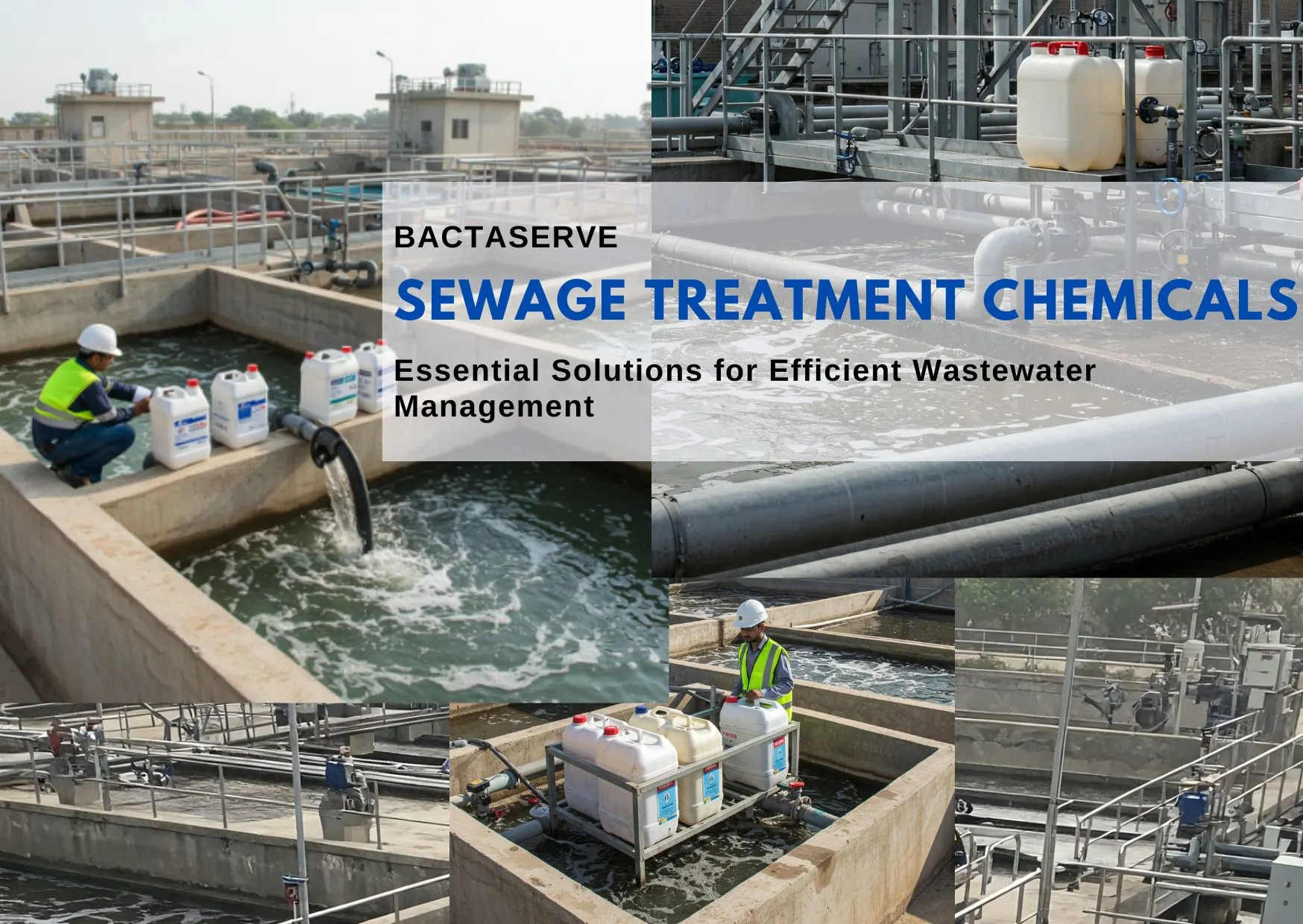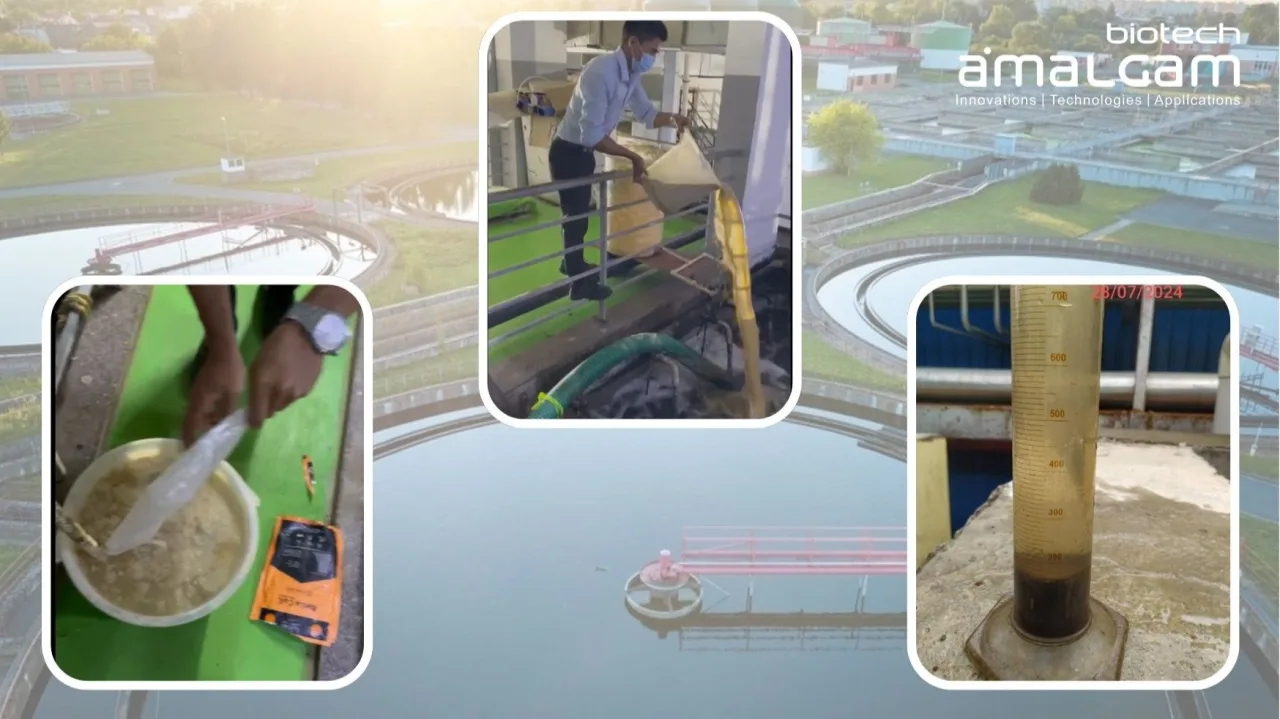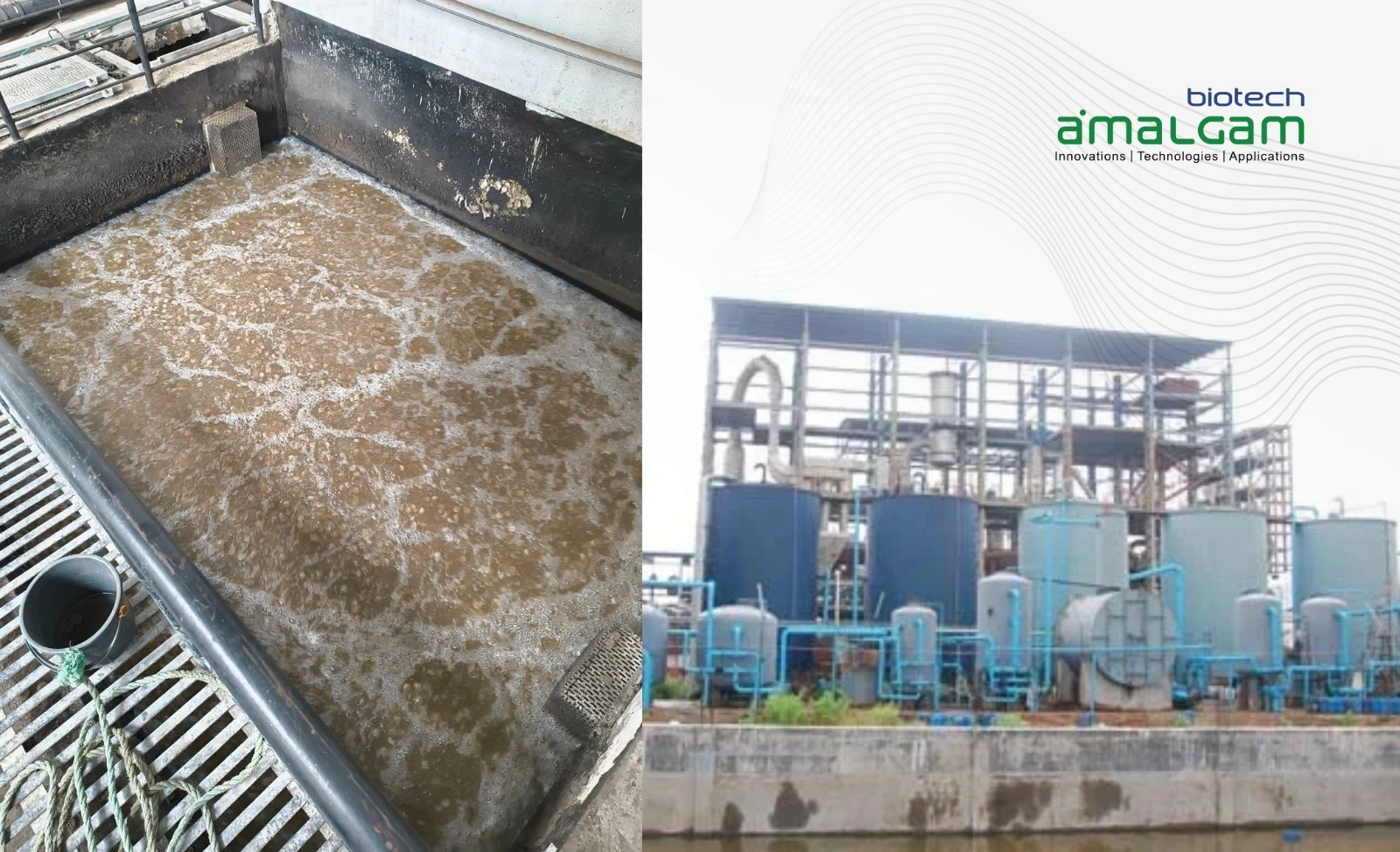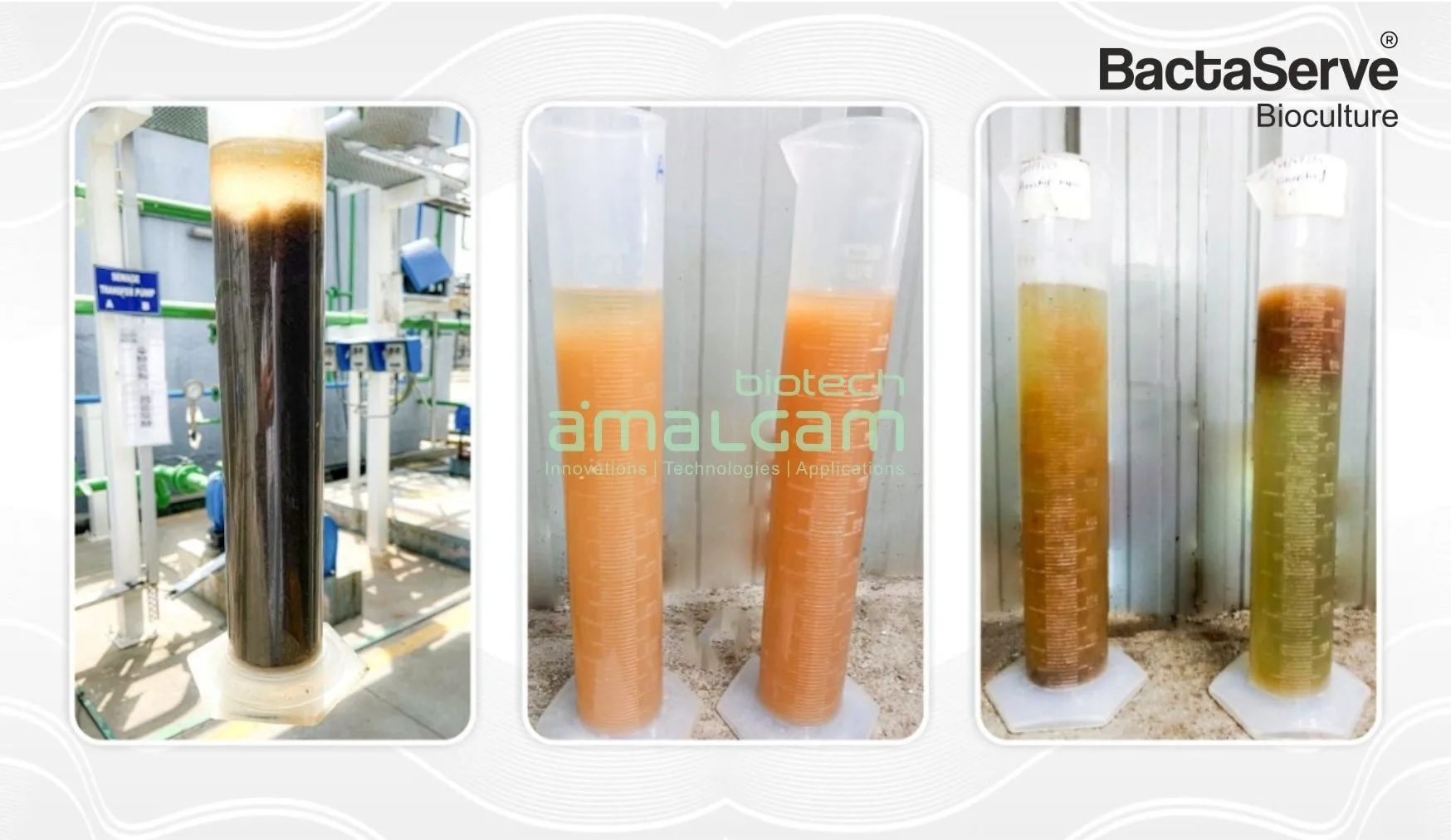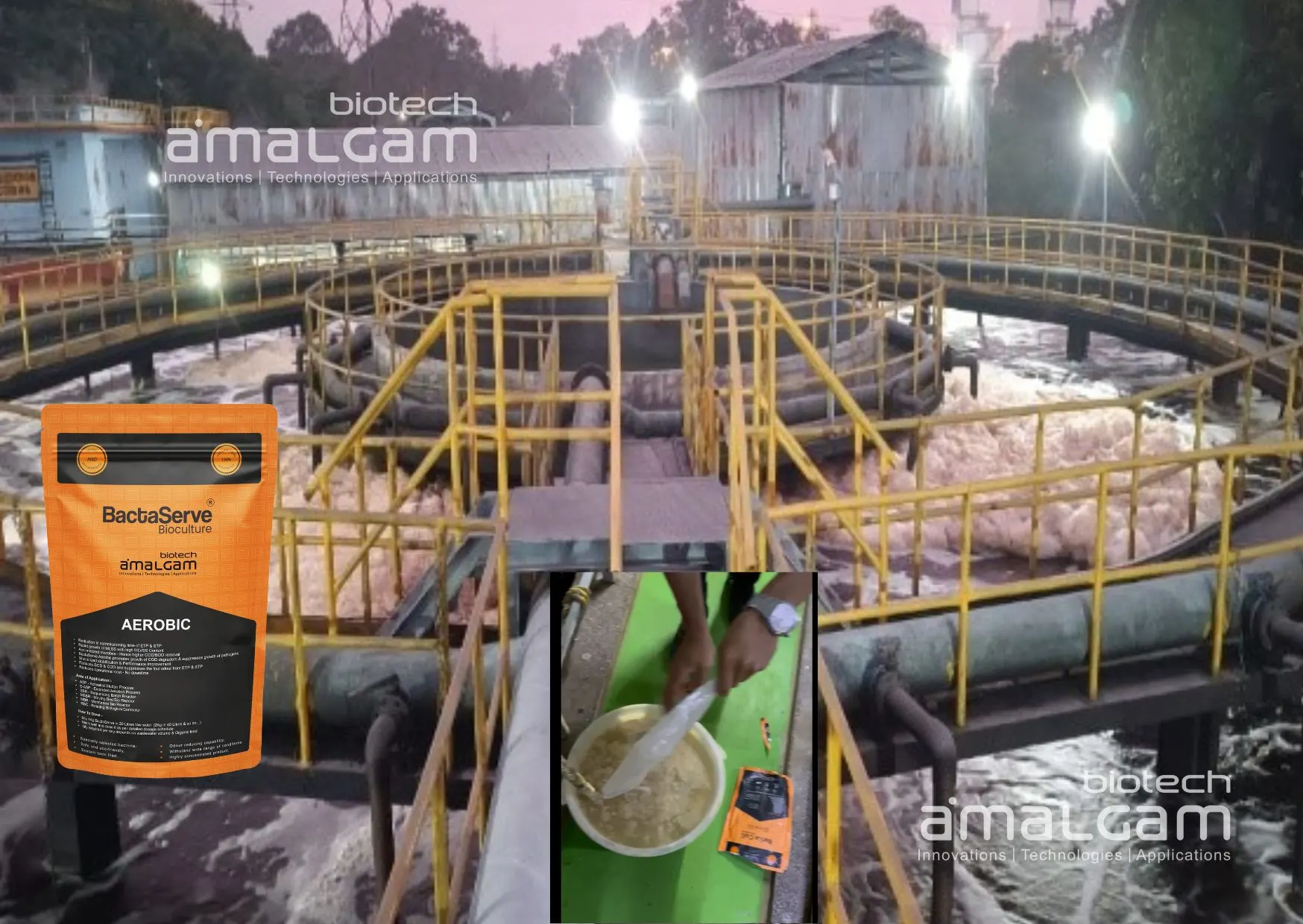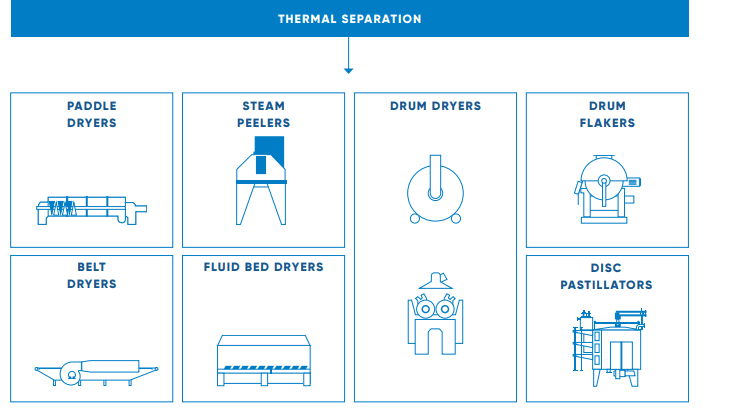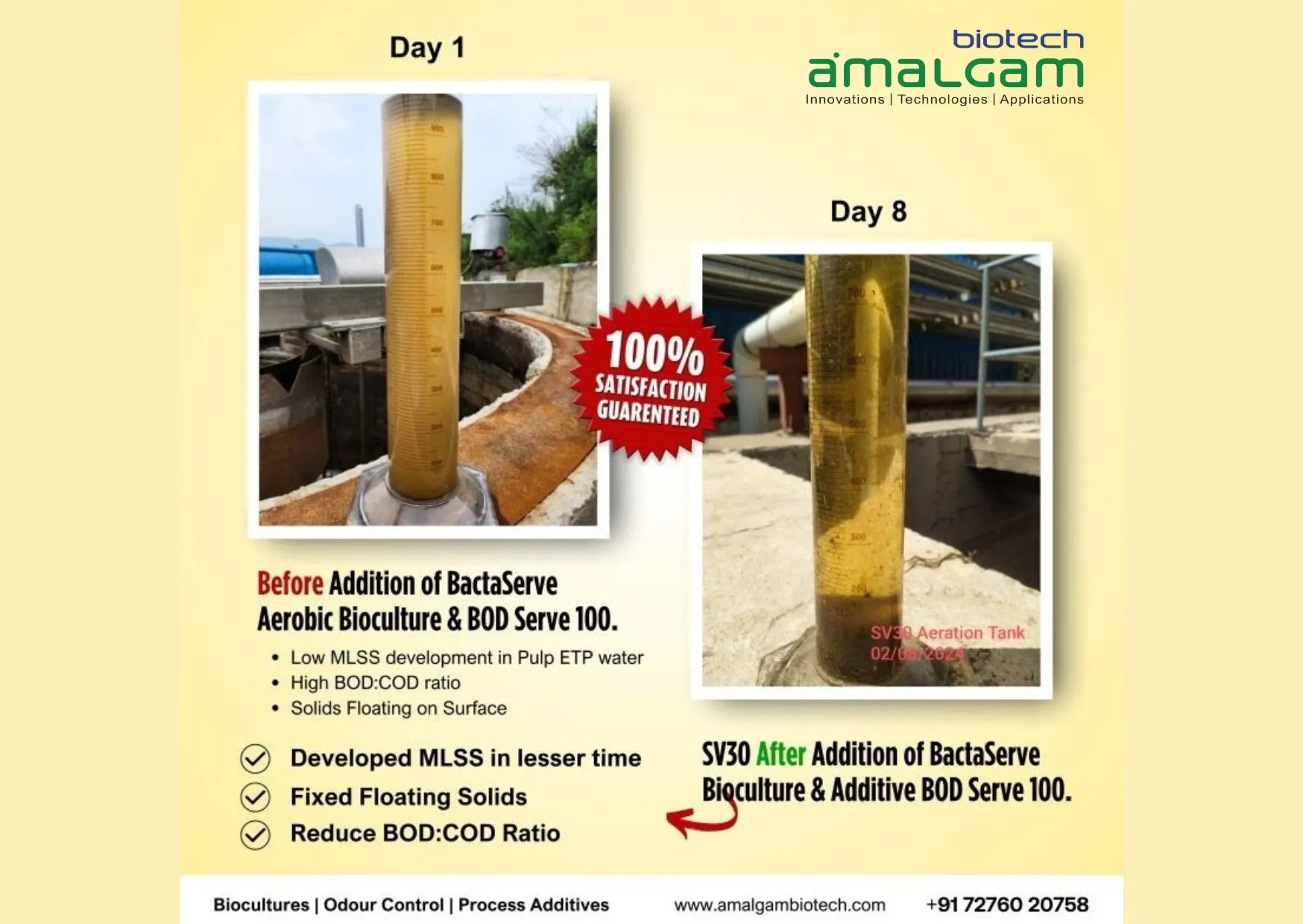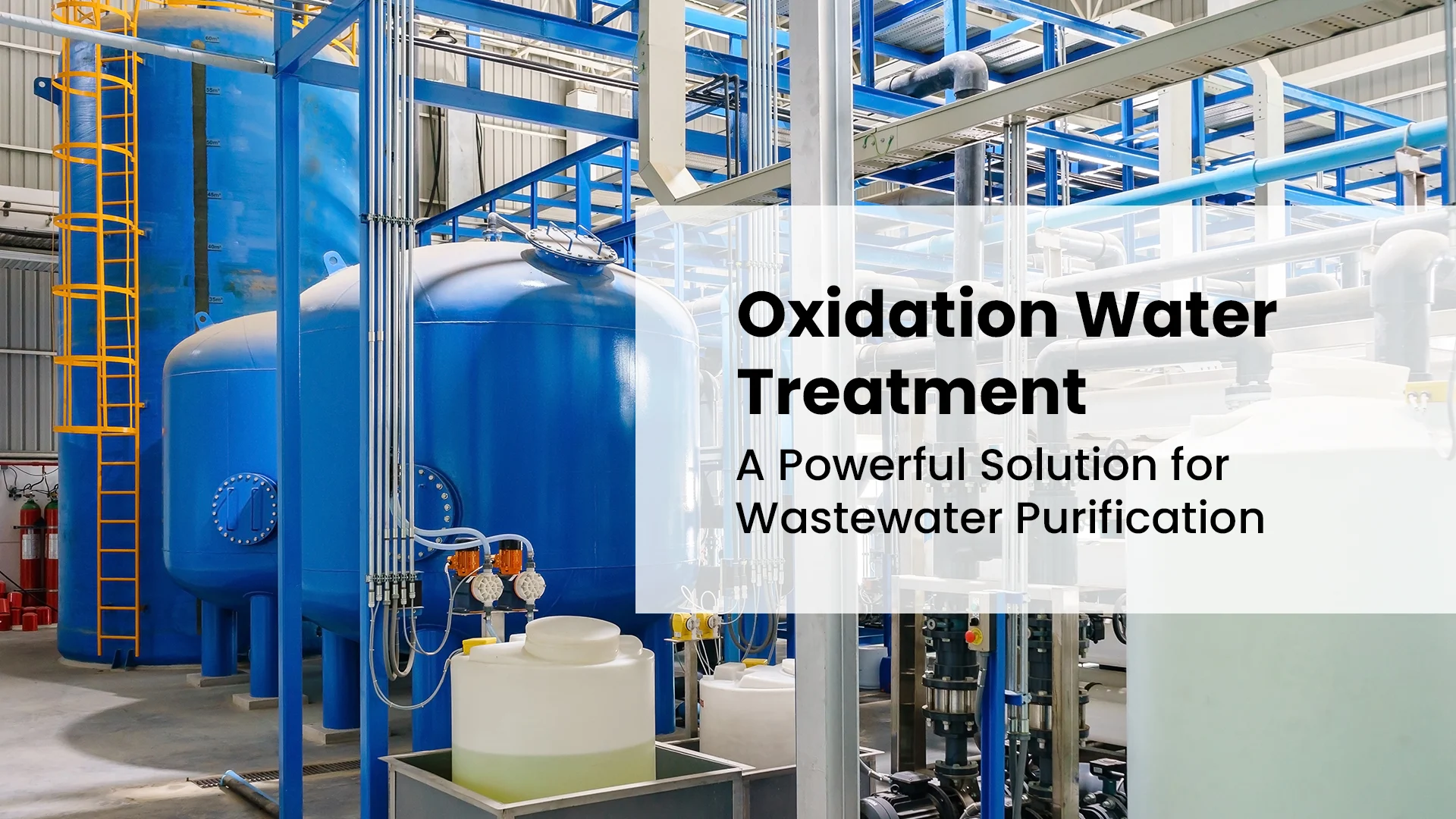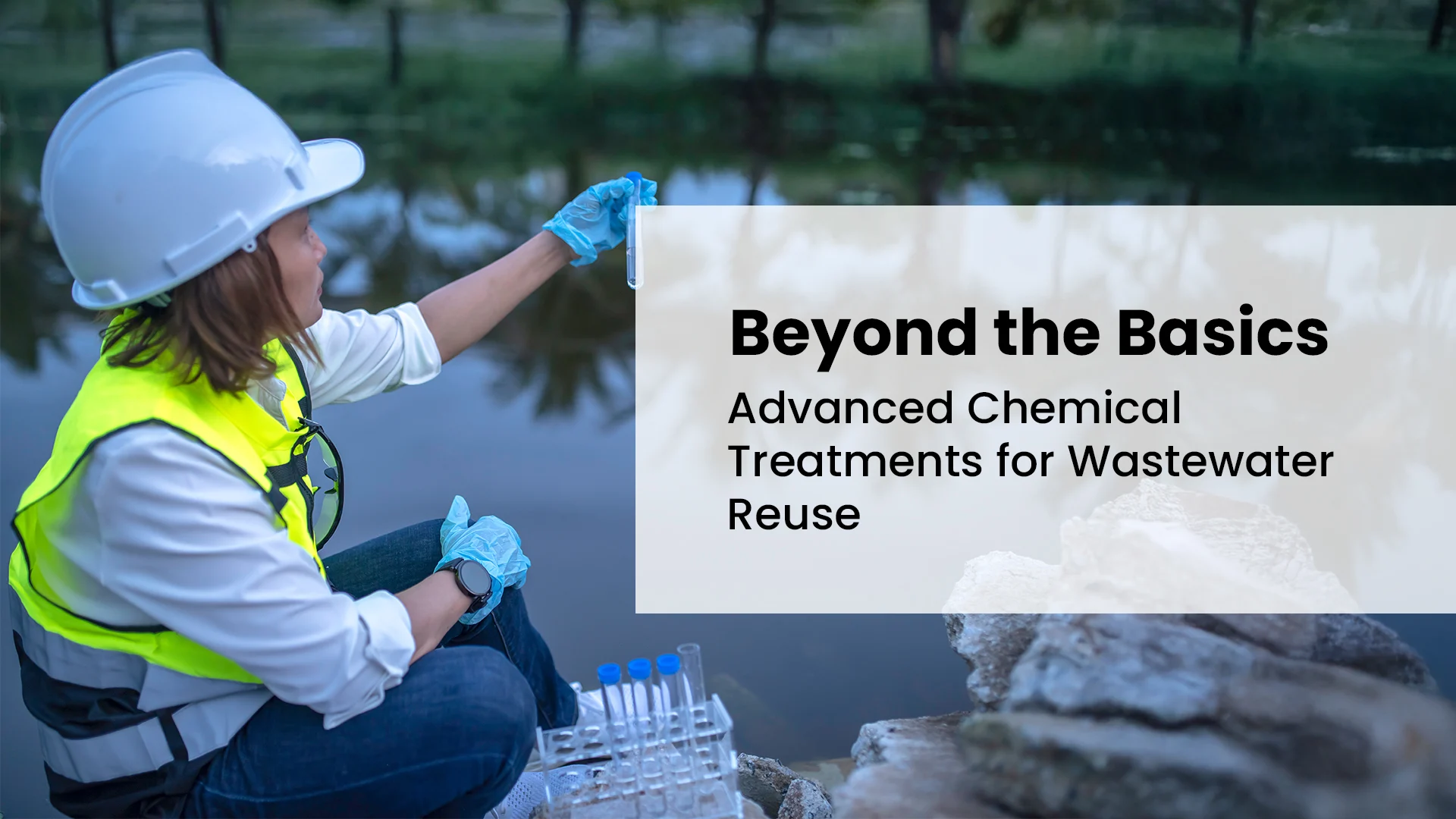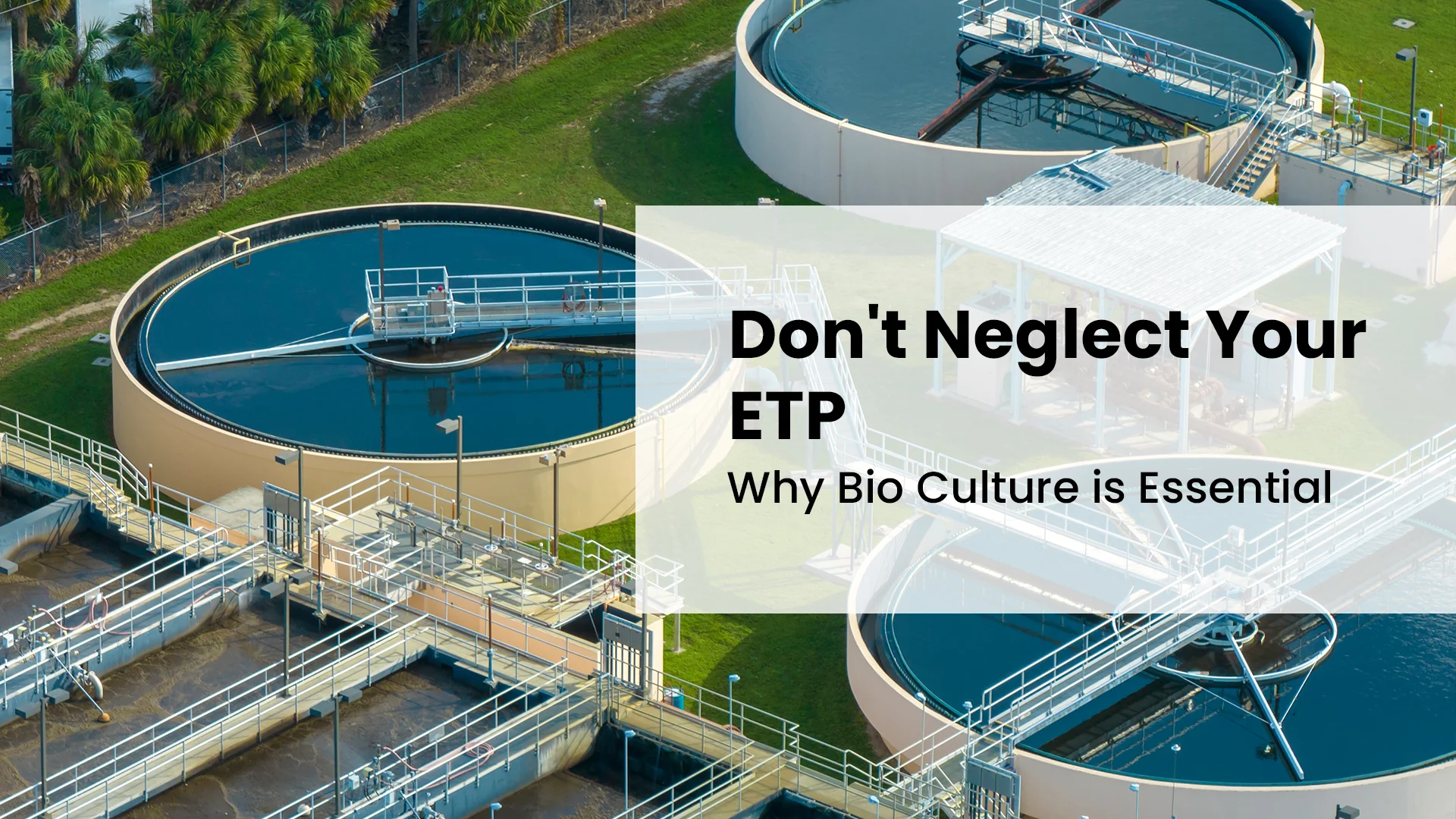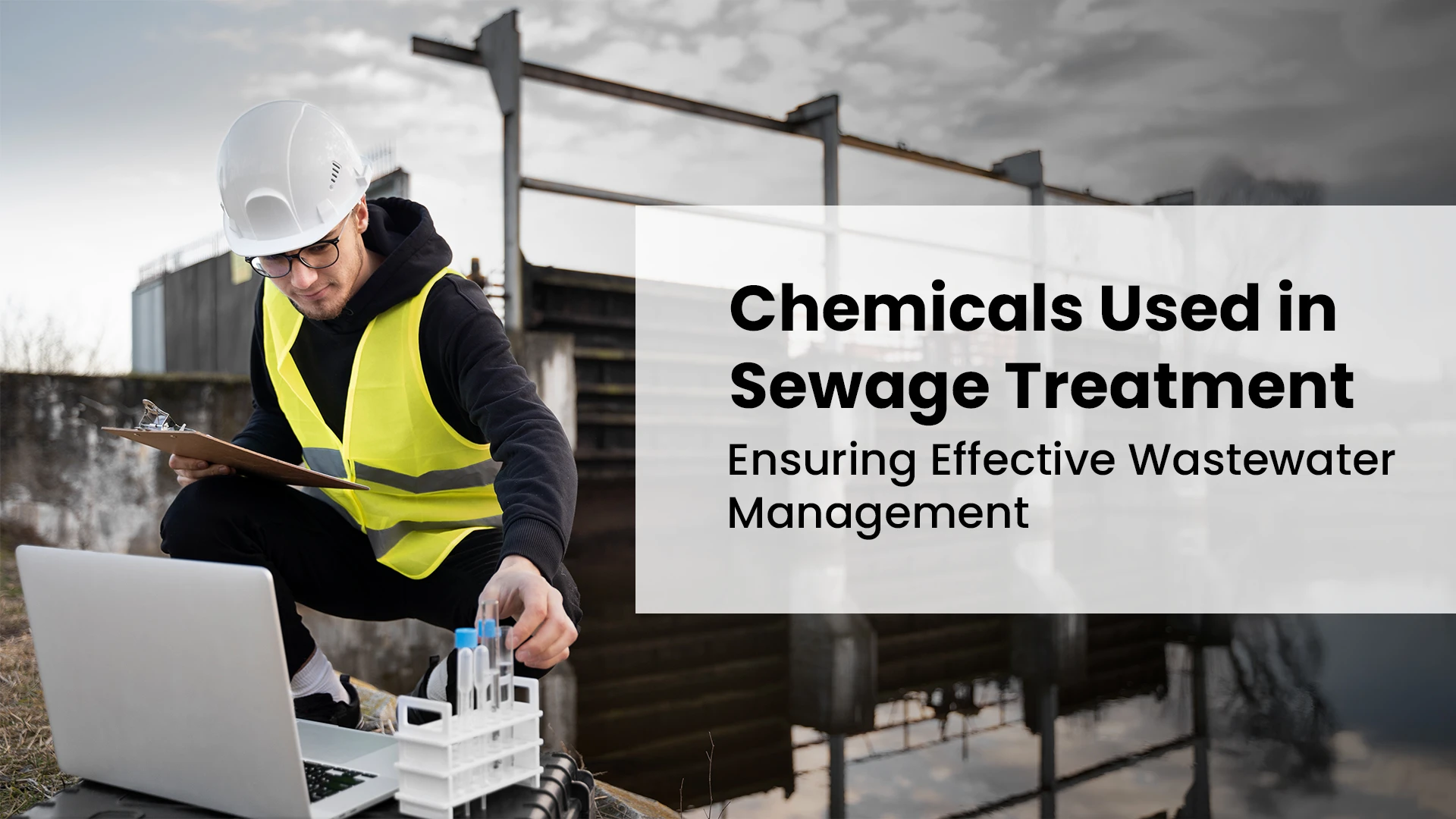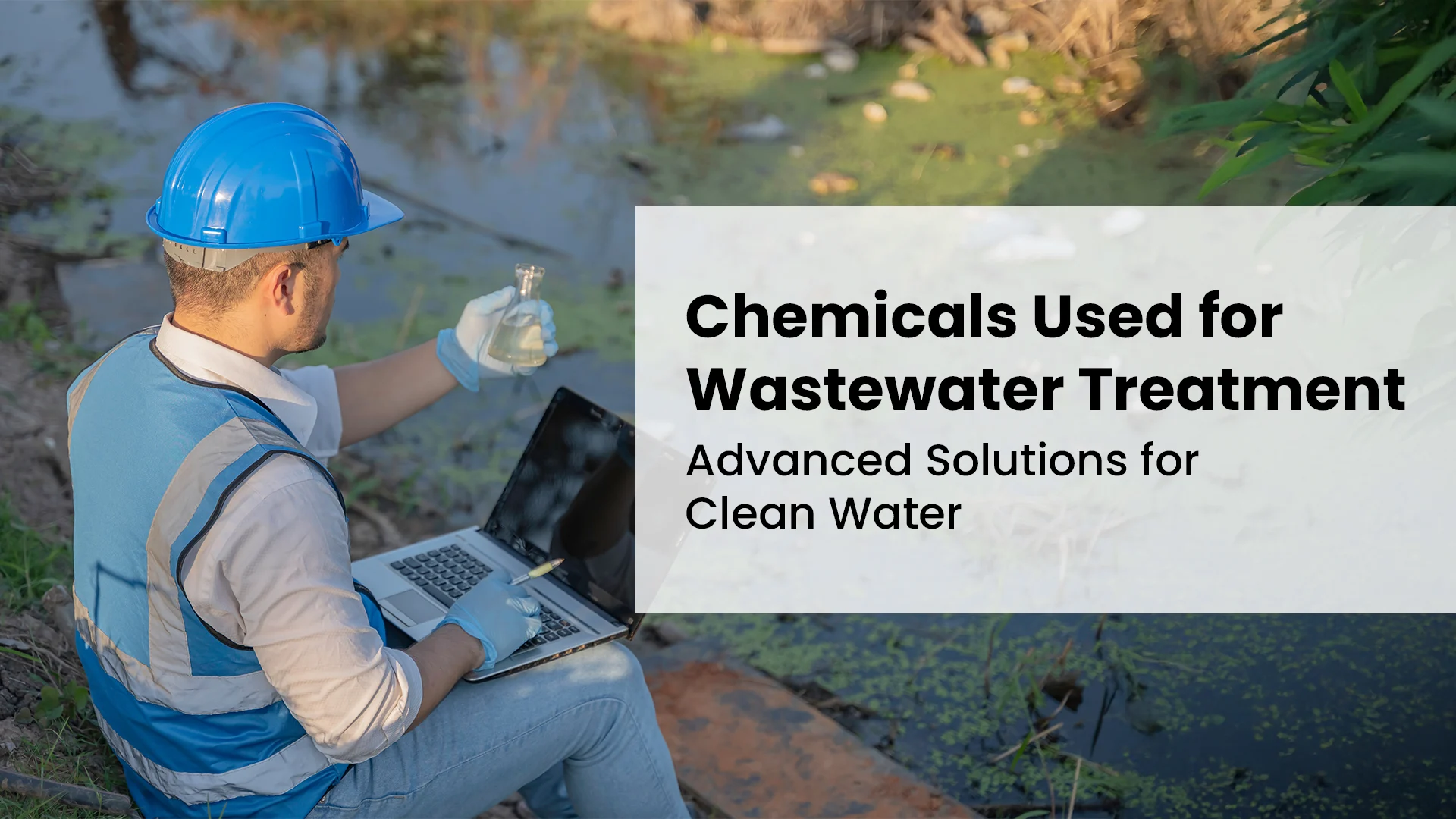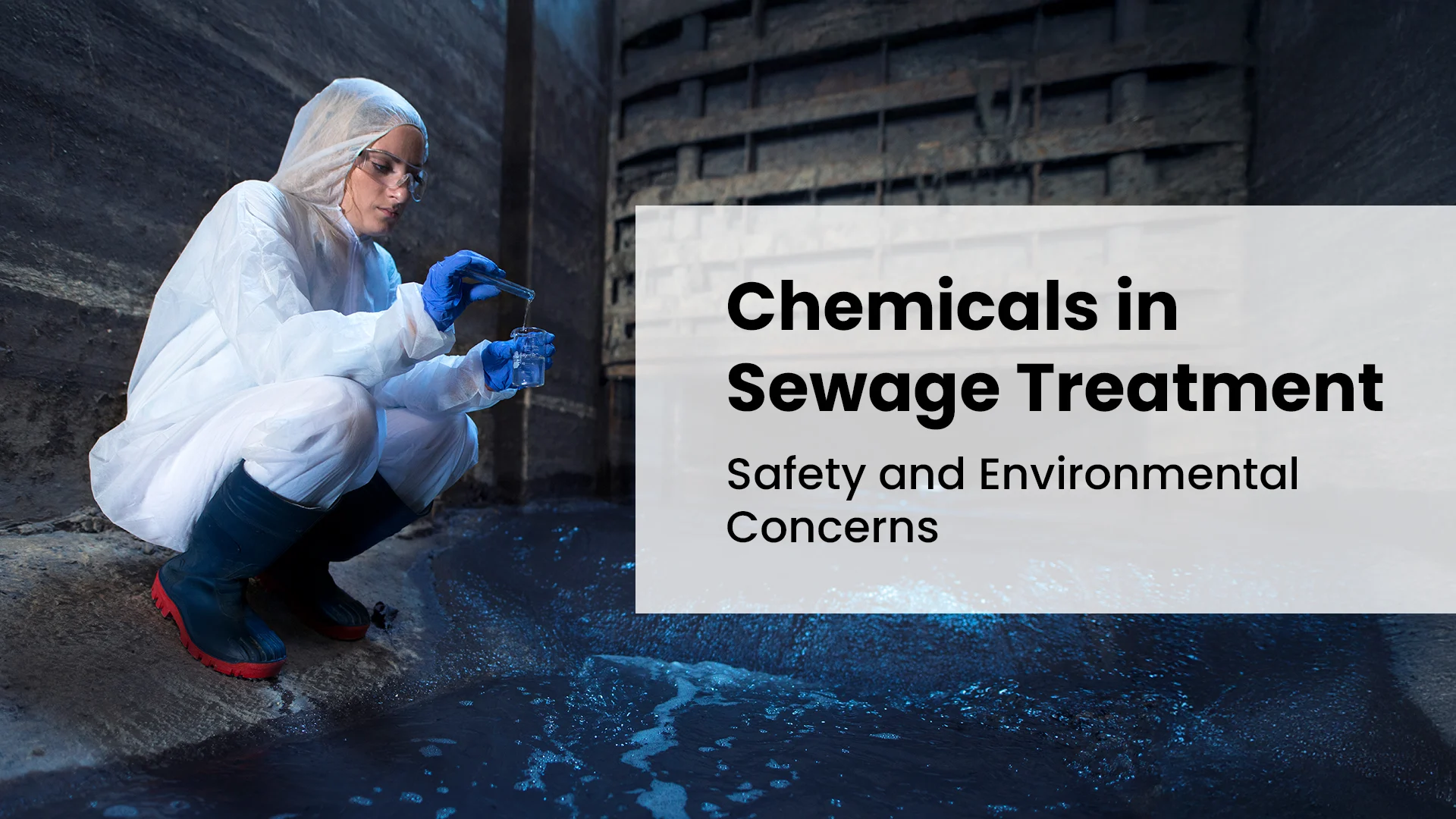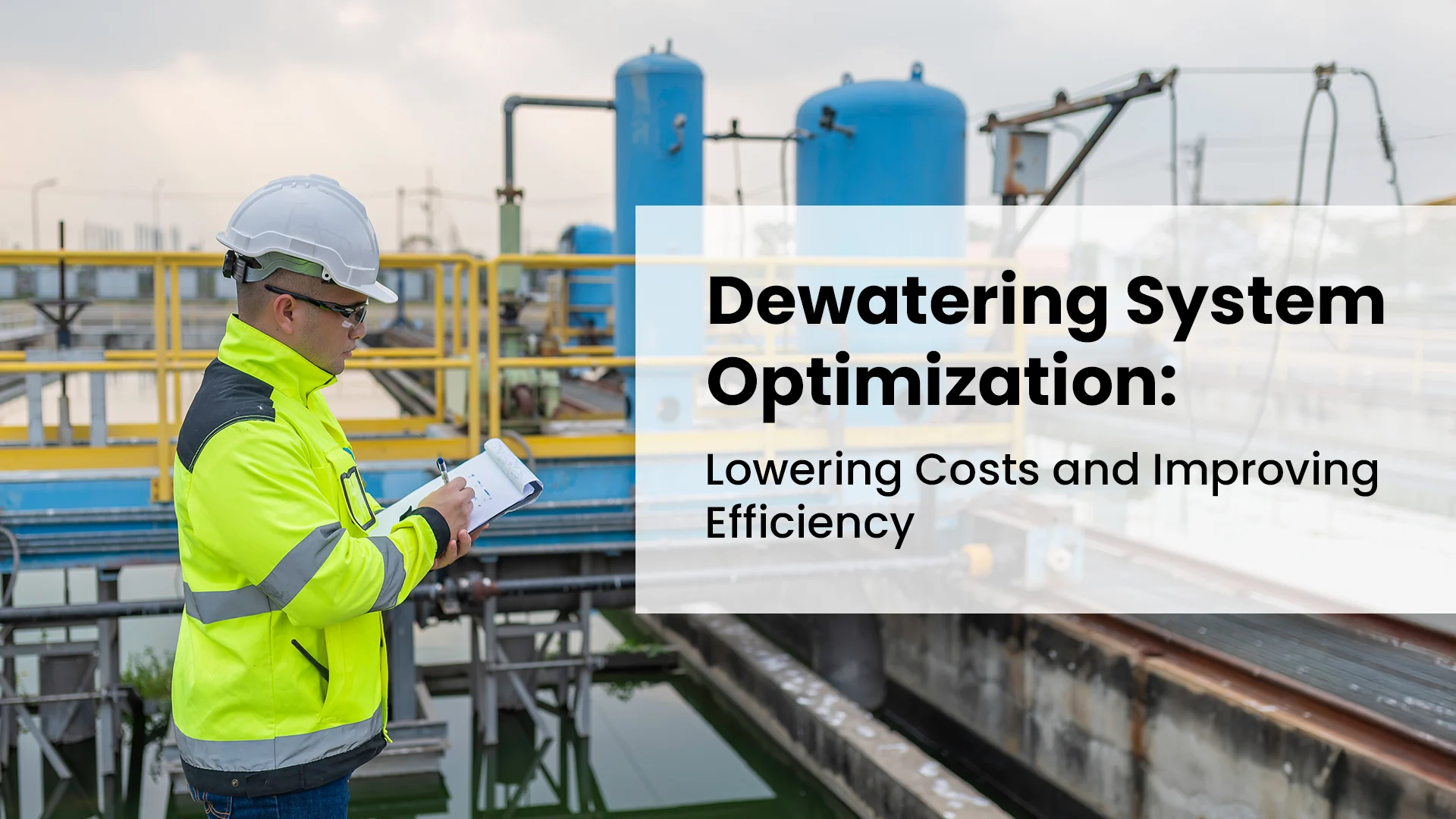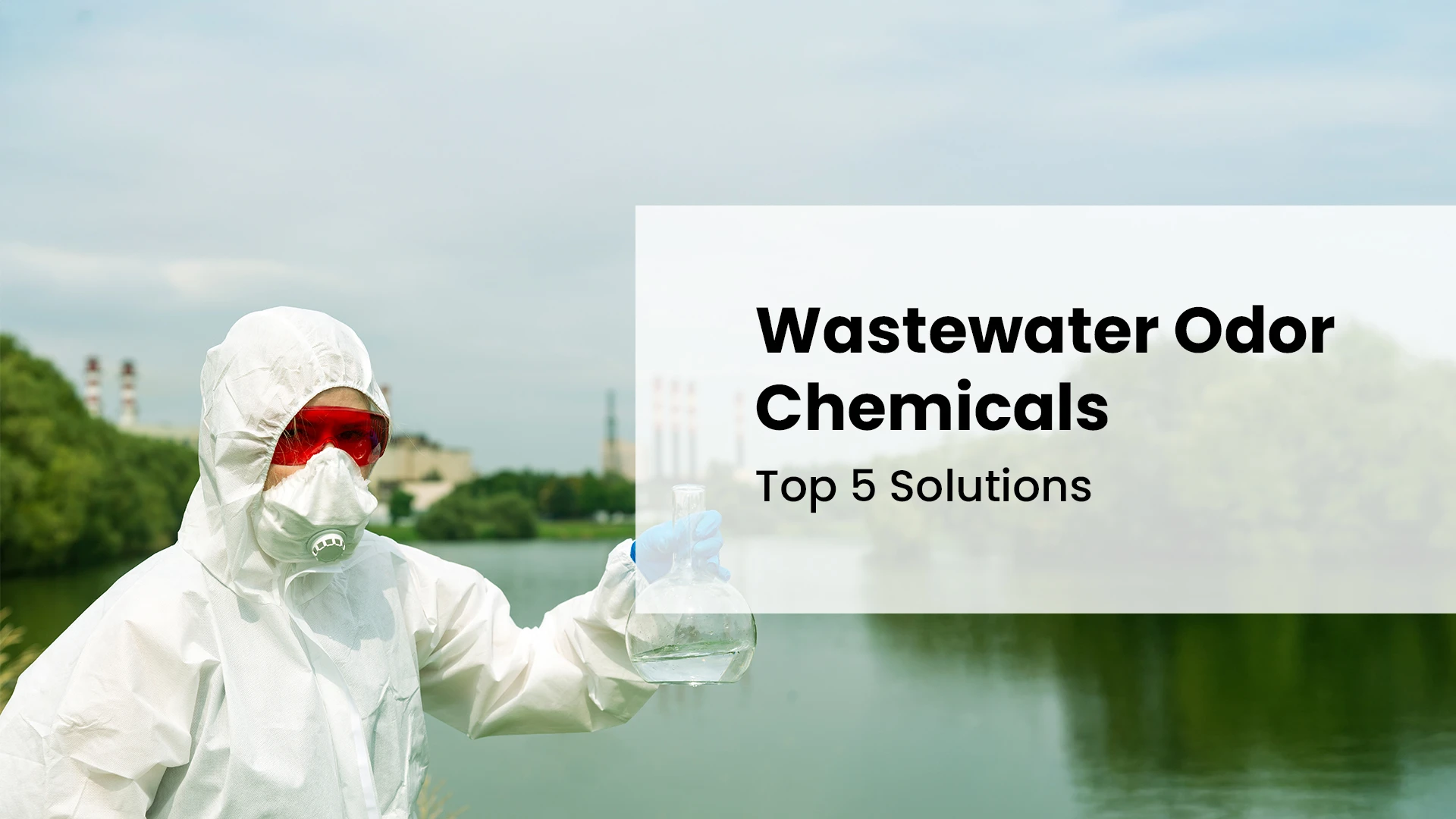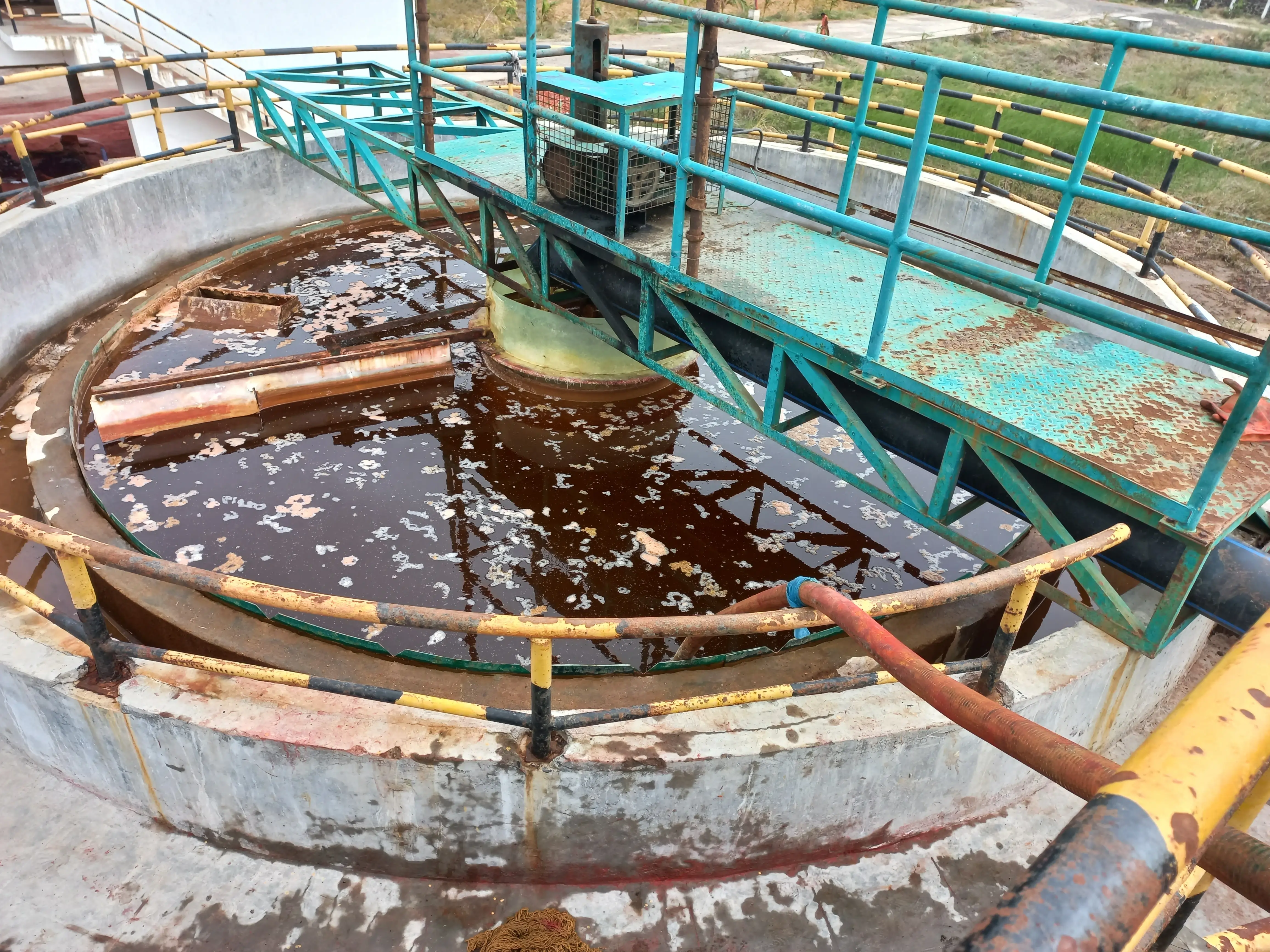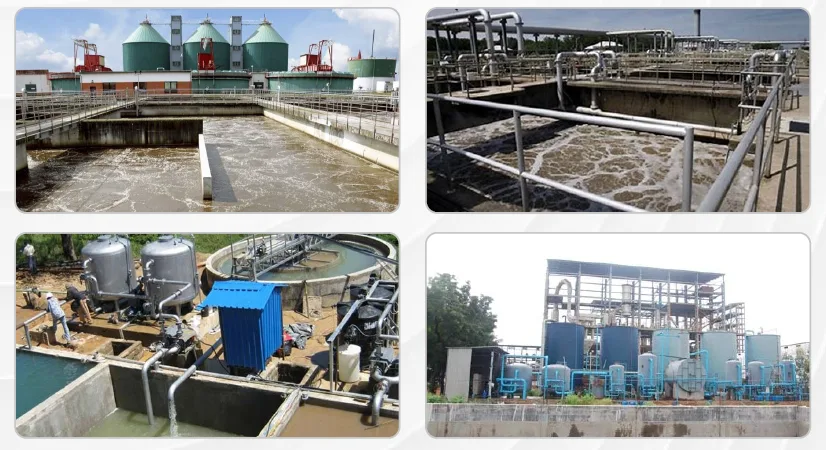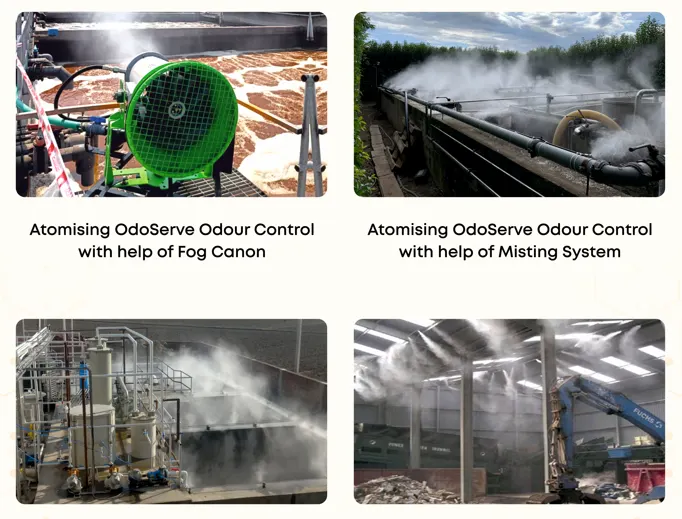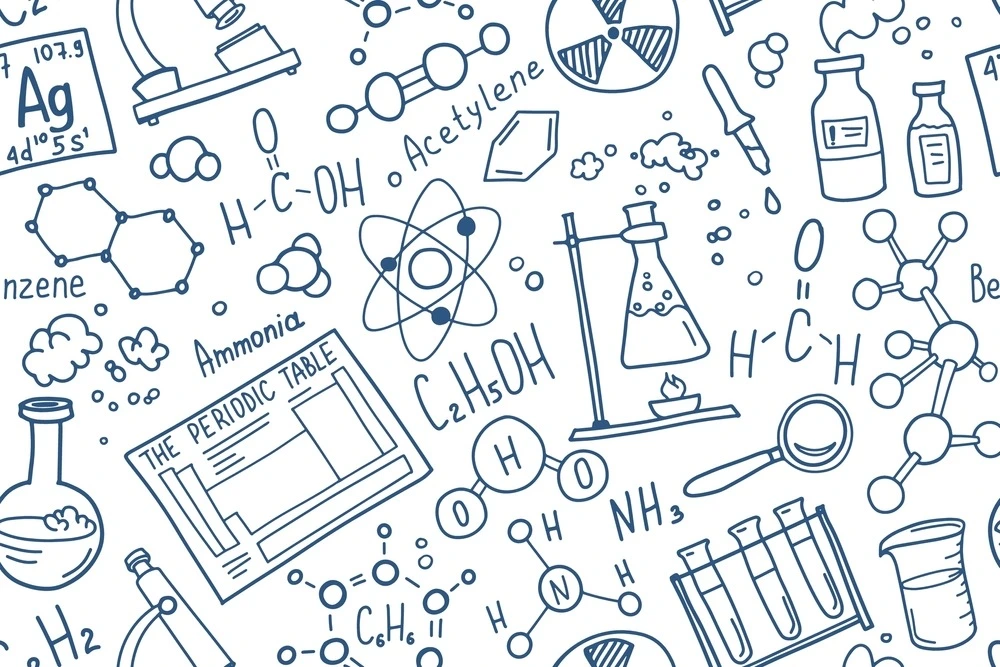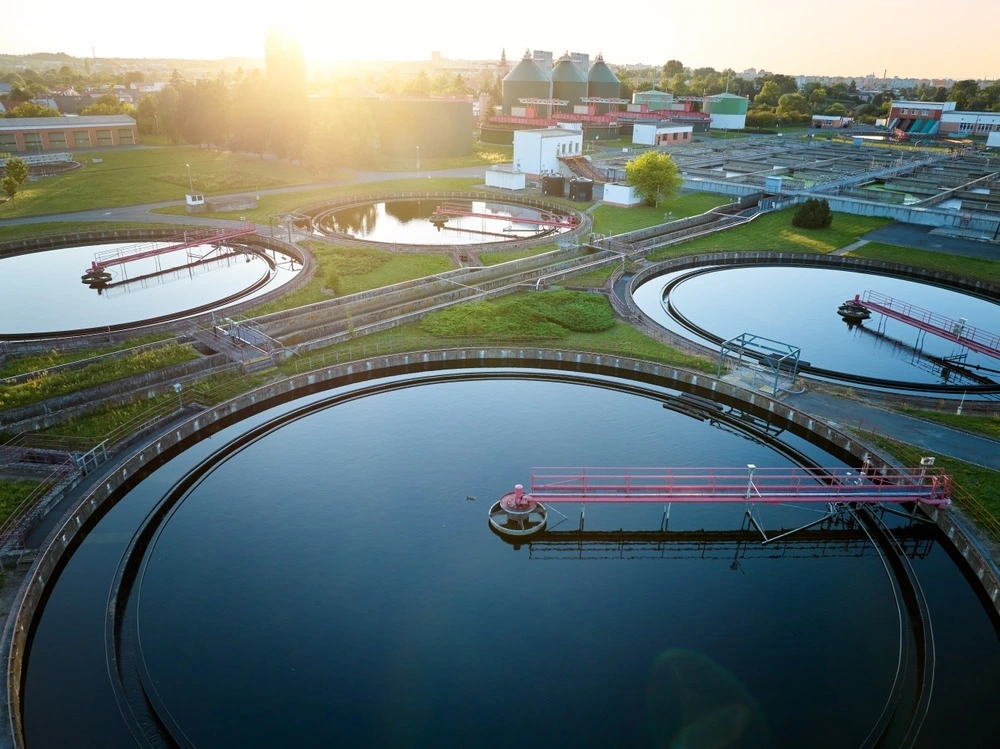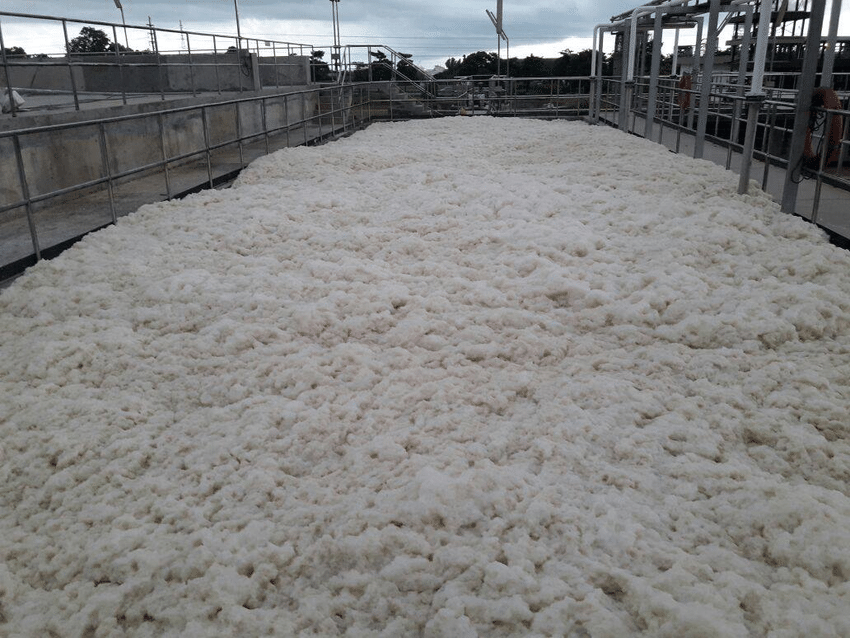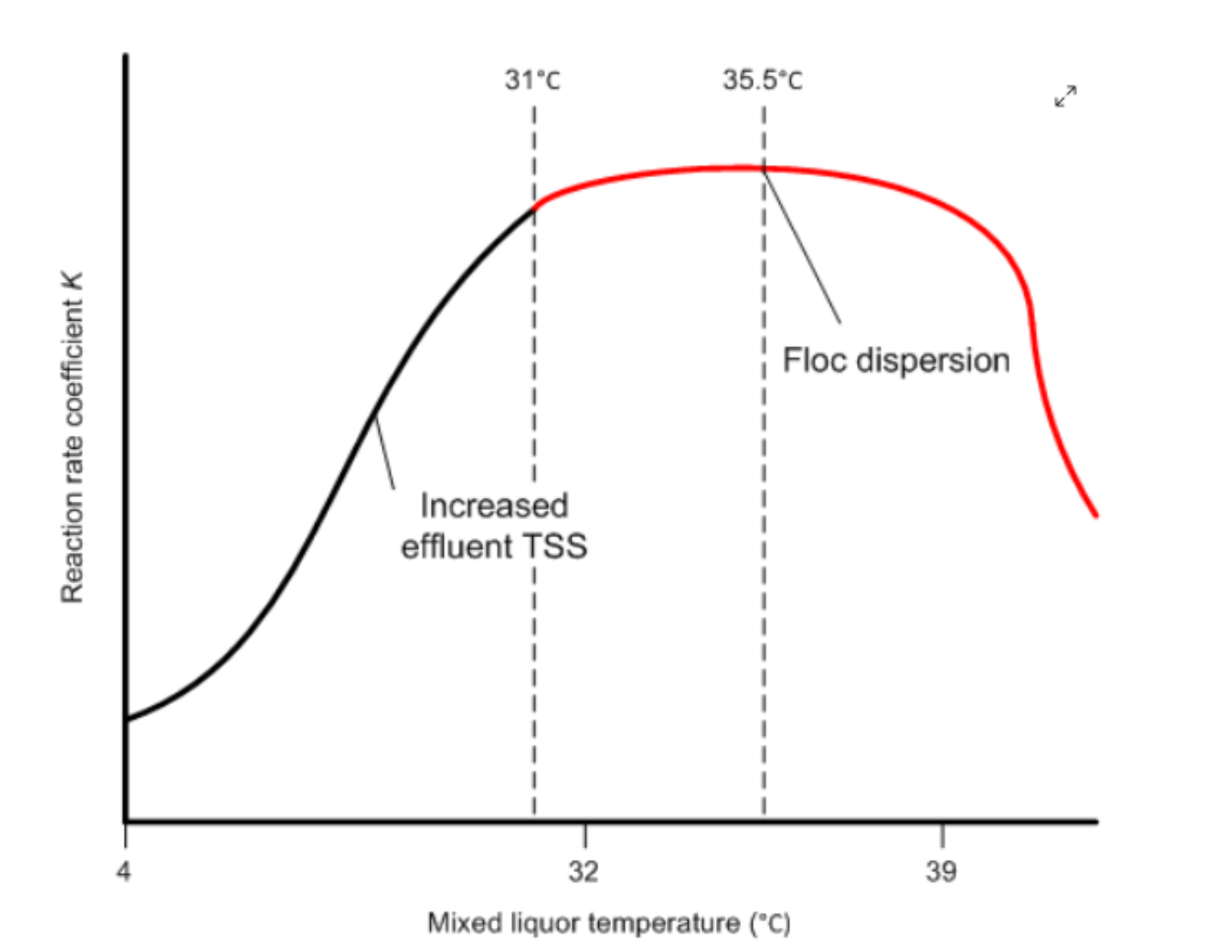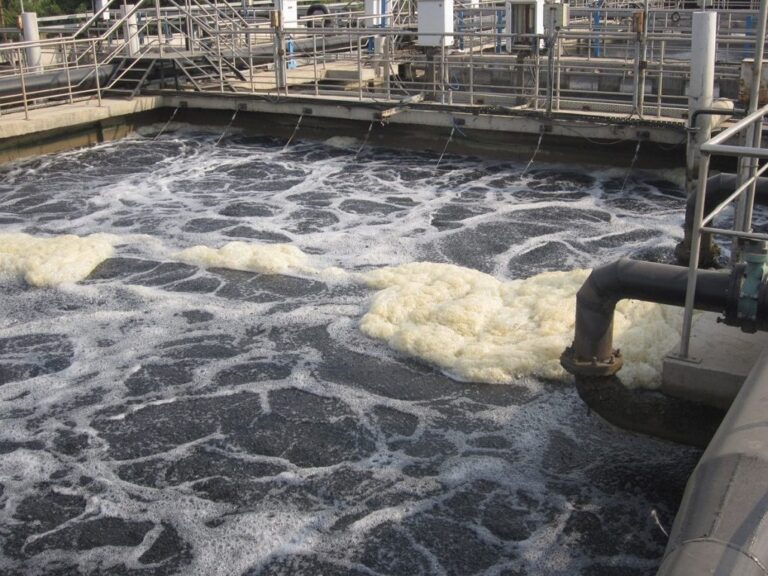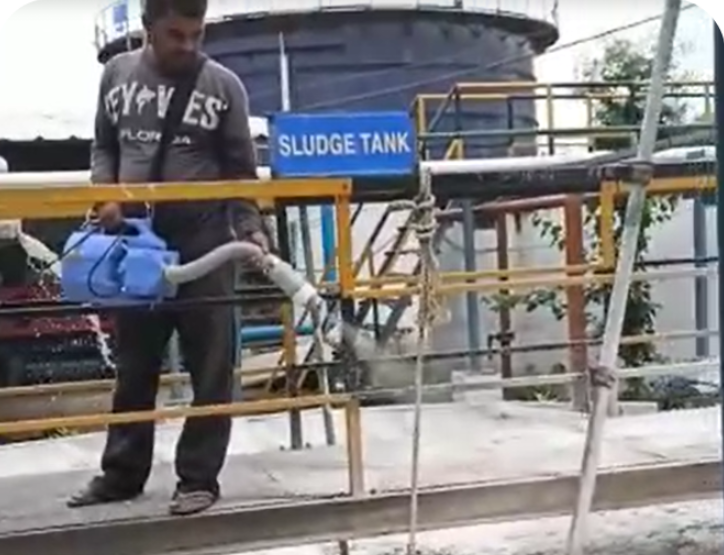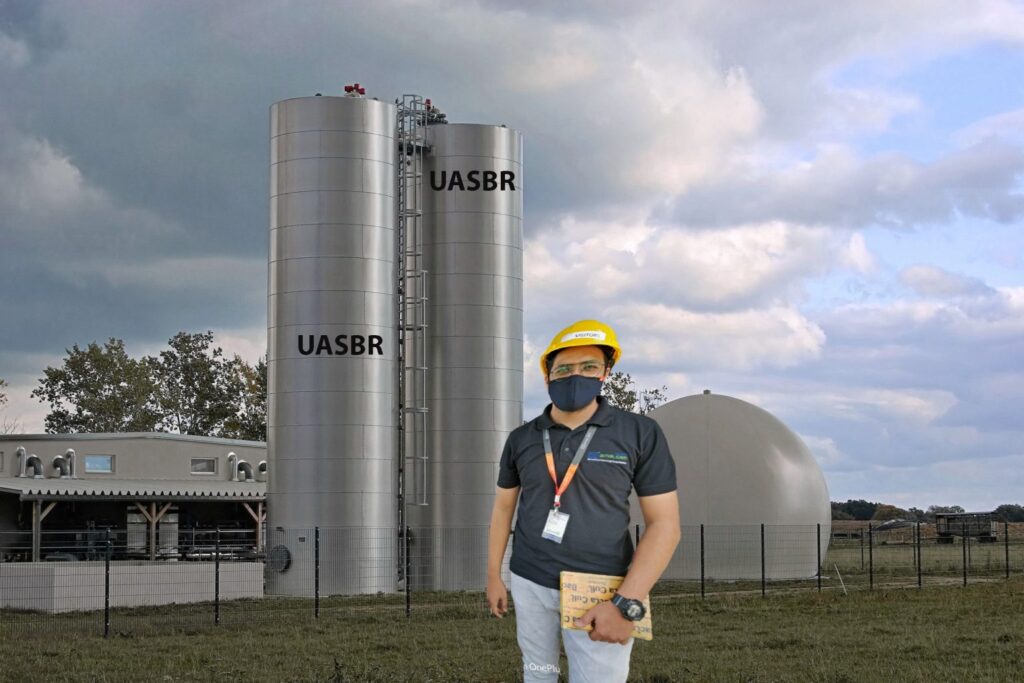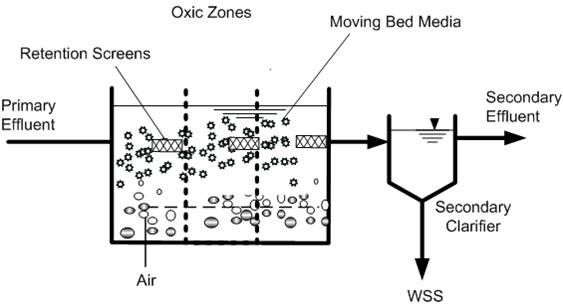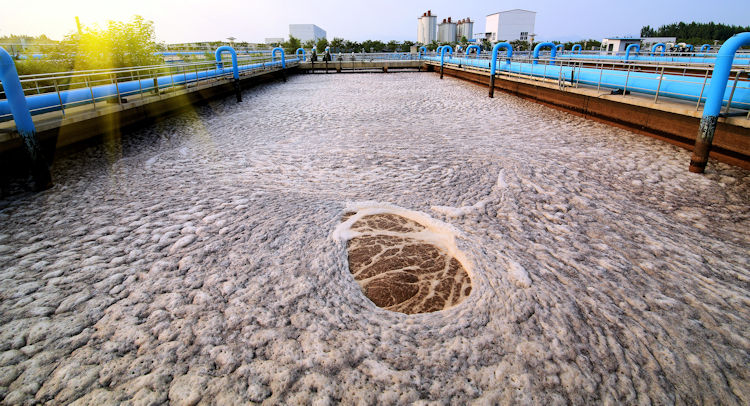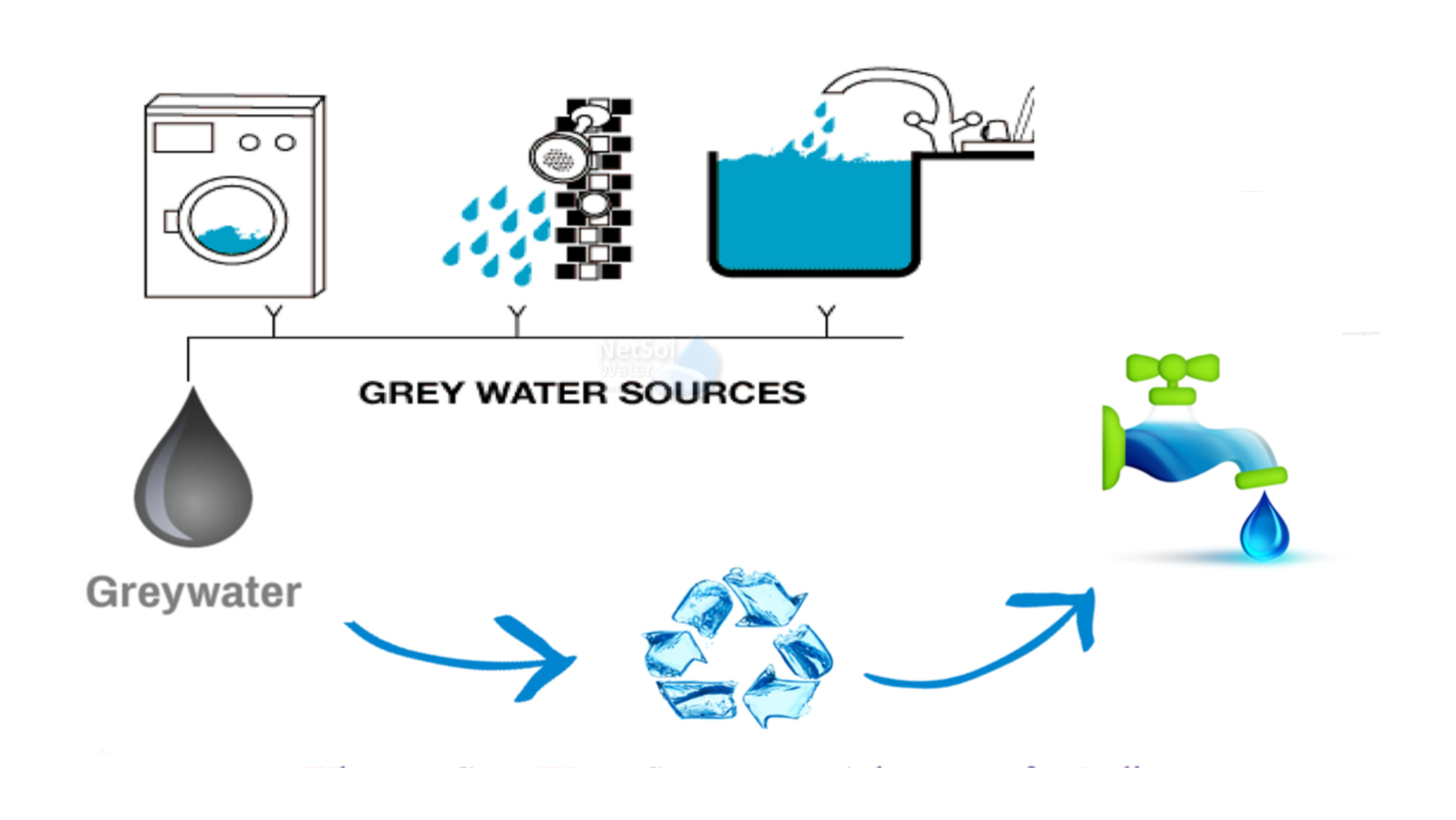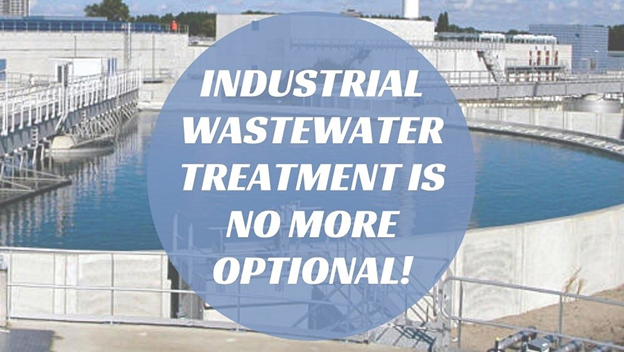In today’s era of rising environmental awareness and strict regulatory compliance, the effective treatment of wastewater has become a paramount concern for industries worldwide. Effluent Treatment Plants (ETPs) stand as critical guardians of environmental health, ensuring that wastewater is meticulously treated to meet stringent quality standards before being released back into the environment. To optimize the performance of these essential plants and address the evolving challenges of wastewater treatment, innovative solutions are constantly being sought. Bioculture for ETP has emerged as a powerful and sustainable solution for wastewater treatment, and Amalgam Biotech is at the forefront of this revolution, providing cutting-edge bioculture innovations that are transforming ETP operations and setting new benchmarks in wastewater management.
Delving into the World of Bioculture for ETP
Bioculture for ETP involves the strategic introduction of specialized microorganisms, commonly referred to as "good bacteria" or "bugs," to optimize the biological processes that form the core of wastewater treatment. These microorganisms are carefully selected and cultivated for their ability to accelerate the breakdown of organic matter, reduce pollutants, and enhance the overall performance and efficiency of ETPs.
Amalgam Biotech's bioculture solutions (Bioculture for wastewater) are meticulously designed to address the unique challenges faced by ETPs across wide range of industries. These solutions feature a carefully curated blend of microorganisms, each selected for its specialized metabolic capabilities and ability to effectively degrade a wide range of pollutants, including organic matter, nitrogen, phosphorus, and even heavy metals.
Unveiling the Mechanisms: How Bioculture for ETP Works
The process of wastewater treatment is a complex interplay of biological, chemical, and physical processes, each contributing to the removal of contaminants and the purification of water. Bioculture for ETP plays a pivotal role in enhancing the biological processes, which are primarily responsible for the removal of organic matter and nutrients.
When introduced into an ETP, the microorganisms in the bioculture become active agents of change. They actively consume organic matter present in the wastewater, breaking it down into simpler compounds like carbon dioxide and water. This process, known as biodegradation, significantly reduces the organic load in the wastewater, minimizing its potential to pollute water bodies. Furthermore, these specialized microorganisms can also remove nitrogen and phosphorus, nutrients that, while essential for life, can contribute to eutrophication and oxygen depletion in receiving water bodies when present in excessive amounts.
Reaping the Rewards: Benefits of Bioculture for ETP
The adoption of bioculture for ETP offers a multitude of benefits that extend beyond mere compliance, encompassing economic, operational, and environmental advantages:
- Enhanced ETP Performance: Bioculture can significantly elevate the efficiency of ETPs by accelerating the breakdown of organic matter, reducing pollutant levels, and improving overall treatment capacity.
- Reduced Reliance on Chemicals: By harnessing the power of biological processes, bioculture can minimize the need for chemical additives in wastewater treatment, leading to cost savings, reduced chemical handling risks, and a lower environmental impact.
- Minimized Sludge Generation: Bioculture can contribute to a reduction in the volume of sludge generated in ETPs, simplifying sludge handling, minimizing disposal costs, and reducing the overall environmental footprint of wastewater treatment.
- Effective Odor Control: The microorganisms in bioculture can effectively degrade odorous compounds, improving the air quality around the ETP and minimizing potential nuisance issues for surrounding communities.
- Increased Resilience to Shock Loads: Bioculture can enhance the ability of ETPs to withstand fluctuations in wastewater flow and composition, ensuring consistent performance even under challenging conditions.
- Facilitating Compliance with Environmental Regulations: By improving ETP performance and reducing pollutant levels in treated effluent, bioculture can help industries meet stringent environmental regulations and avoid penalties.
Amalgam Biotech: Pioneering ETP Excellence Through Bioculture
Amalgam Biotech stands as a leader in providing innovative and tailored solutions to address the evolving challenges faced by ETPs. Their bioculture products are developed through a combination of cutting-edge biotechnology, rigorous research and development, and stringent quality control measures. The company offers a diverse range of bioculture solutions meticulously formulated to meet specific ETP requirements, including:
- General Purpose Bioculture: A versatile and robust bioculture solution suitable for a wide range of ETP applications, providing a broad spectrum of microbial activity to enhance overall treatment efficiency.
- High-Strength Organic Load Bioculture: Specifically formulated for ETPs handling high organic loads, this specialized bioculture contains microorganisms adapted to efficiently degrade complex organic compounds and maintain optimal performance under challenging conditions.
- Nitrogen and Phosphorus Removal Bioculture: This specialized bioculture is designed to effectively remove nitrogen and phosphorus from wastewater, reducing the risk of eutrophication and contributing to the protection of receiving water bodies.
- Heavy Metal Removal Bioculture: Designed for industries facing heavy metal contamination in wastewater, this specialized bioculture offers a solution by utilizing microorganisms capable of removing these toxic pollutants, ensuring compliance with environmental standards and protecting water quality.
Amalgam Biotech's commitment to ETP excellence goes beyond delivering high-quality bioculture products. Our team of technical experts provides comprehensive support, including on-site assessments, customized bioaugmentation strategies, and ongoing monitoring to ensure that our bioculture solutions are effectively implemented and deliver optimal results. By partnering with Amalgam Biotech, ETP operators gain access to not only innovative bioculture technology but also the expertise and ongoing support required to achieve sustainable and efficient wastewater treatment.
Embracing the Future: Bioculture for ETP and a Sustainable Tomorrow
Bioculture for ETP has emerged as a transformative solution in wastewater treatment, providing a sustainable and efficient approach to tackling pollution and resource management challenges. By harnessing the power of microorganisms, industries can enhance ETP performance, reduce their environmental impact, and achieve long-term sustainability goals. Amalgam Biotech's innovative bioculture solutions provide a comprehensive and customized approach to optimizing ETP operations, These solutions empower industries to not only comply with regulatory requirements but also actively contribute to a cleaner, healthier planet. By adopting bioculture, ETPs can transcend compliance, becoming proactive agents of environmental stewardship and paving the way toward a more sustainable future.

